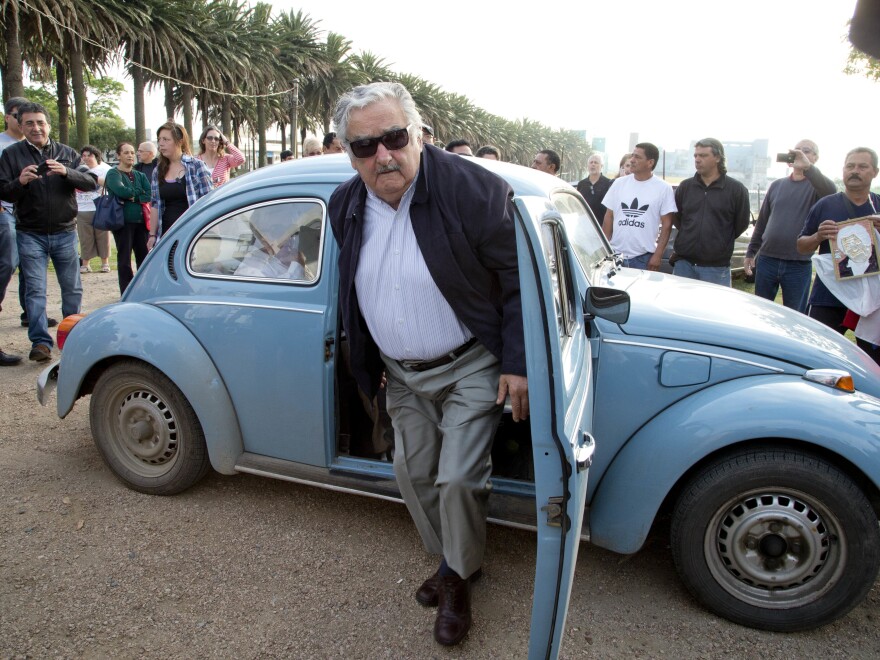José “Pepe” Mujica, Uruguay’s former president and an enduring symbol of humility, resilience, and progressive politics, passed away on May 13, 2025, at the age of 89. His death marks the end of a remarkable journey—from guerrilla warfare to the presidency—leaving behind a legacy that continues to inspire leaders and citizens worldwide.
From Guerrilla Fighter to Political Prisoner
Born on May 20, 1935, in Montevideo, Mujica’s early life was steeped in political activism. In the 1960s, he joined the Tupamaros, a leftist guerrilla group inspired by the Cuban Revolution. Engaging in armed resistance against Uruguay’s authoritarian regime, Mujica was captured multiple times, enduring nearly 15 years in prison, including over a decade in solitary confinement under brutal conditions. These years of hardship forged a profound resilience and a deep understanding of human suffering.
Embracing Democracy and Ascending to the Presidency
Following his release under a general amnesty in 1985, Mujica transitioned from armed struggle to democratic politics. He co-founded the Movement of Popular Participation, which became part of the Broad Front coalition. His political career progressed steadily: he served as a deputy, senator, and minister of agriculture before being elected president in 2009, serving from 2010 to 2015.
Progressive Reforms and Global Recognition
As president, Mujica implemented a series of progressive reforms that positioned Uruguay as a leader in social policy. His administration legalized abortion, same-sex marriage, and the regulated sale of marijuana—making Uruguay the first country to do so. He also championed renewable energy initiatives and welcomed Syrian refugees, reflecting his commitment to humanitarian values.
Mujica’s leadership style was characterized by authenticity and accessibility. He famously donated about 90% of his presidential salary to charity and continued to live on his modest farm, driving his old Volkswagen Beetle. This austere lifestyle earned him the moniker “the world’s poorest president,” a title he embraced with pride.
Philosophical Outlook and Public Engagement
Beyond policy, Mujica was known for his philosophical reflections on life, happiness, and consumerism. He often spoke about the dangers of materialism and the importance of living a simple, meaningful life. His speeches resonated globally, inspiring many to reconsider their values and priorities.
Final Years and Legacy
In April 2024, Mujica announced he had been diagnosed with esophageal cancer, a condition complicated by a pre-existing autoimmune disease. By January 2025, he revealed the cancer had metastasized and chose to forgo further treatment, stating candidly, “Honestly, I am dying.” He spent his final days at his farmhouse in Rincón del Cerro, surrounded by loved ones, and passed away a week before his 90th birthday.
Uruguayan President Yamandú Orsi announced Mujica’s death, declaring three days of national mourning. Leaders from across Latin America and beyond paid tribute to Mujica, highlighting his integrity, humility, and profound impact on global politics.
A Global Symbol of Integrity
José Mujica’s life story—from guerrilla fighter to president—serves as a testament to the power of resilience, compassion, and principled leadership. His unwavering dedication to social justice and his ability to lead with empathy and humility have left an indelible mark on the world.
As the world bids farewell to “Pepe,” his legacy endures, reminding us that true leadership is not measured by wealth or power, but by the positive impact one has on humanity.

